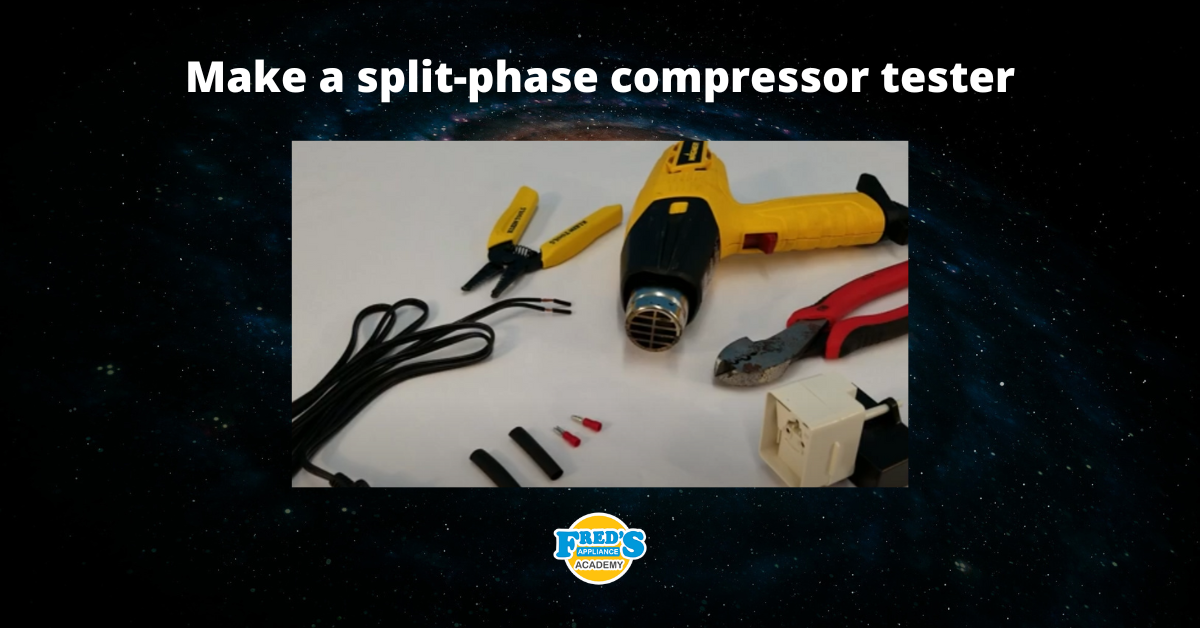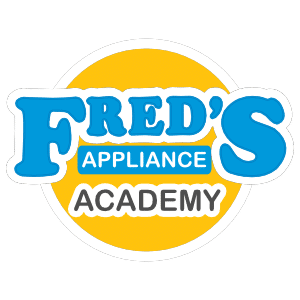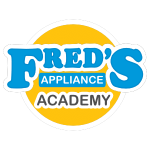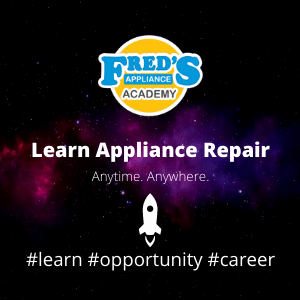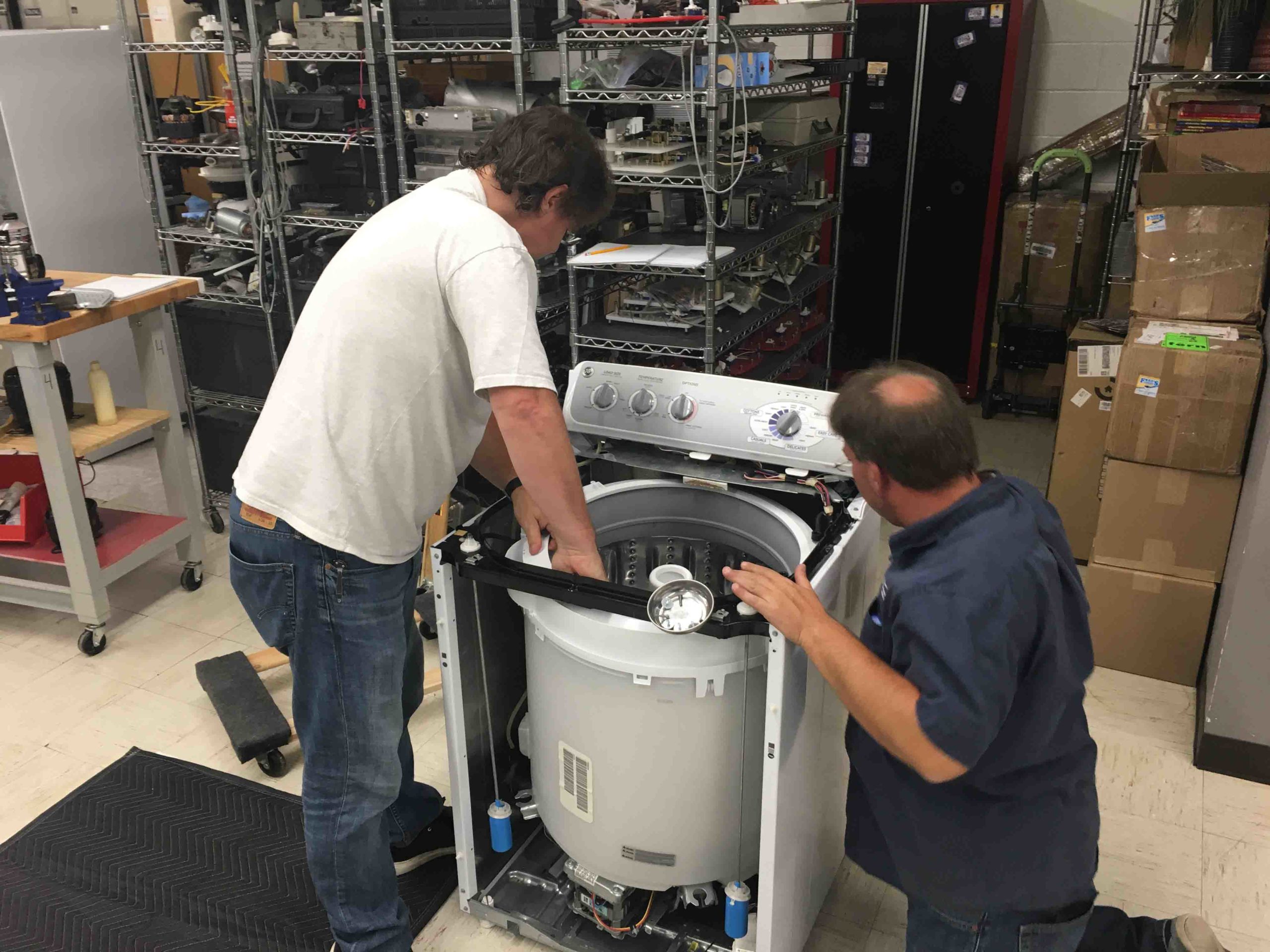
Appliance repair and HVAC servicing are often tied closely together. But because HVAC is a specific type of field service, it can seem like the two areas doesn’t quite connect: appliance repair technicians need additional certifications to get involved in HVAC repair, and specializing in air conditioning means you might not get a lot of exposure to other appliances. But it’s much easier to expand your business from HVACs to a wider range of appliances than it is to do the opposite, and you already have the tools you need to get started. Here’s how:
- Your certifications open doors that make expanding to appliance repair easy. Different state agencies and local government groups have different certification requirements according to your area of expertise. However, many states will use your main technical certification as a base for future technical credits, so once you have one license or accreditation, getting the second one or a specialization is much easier. Some certificates, such as the North American Technician Excellence (NATE) certification includes a focus on refrigeration. This knowledge of how cooling and heating systems work gives you greater insight into how cooling systems in other contexts, such as refrigerators work: the same problems with coils and blocked vents that plague poorly maintained HVACs are the same underneath and behind a customer’s fridge.
- The right certification gives you access to materials other appliance repair technicians won’t have. You receive one of the largest benefits if you have an Environmental Protection Agency 608 certification. This classification gives you clearance to buy refrigerants like R-22 and R-410A coolant. While freon use has been slowly fading away since 2009, there are plenty of homes and businesses that still rely on R-22 and need you to replace it. This gives you an edge on repairing not only HVACs but dehumidifiers, window units, and portable air conditioners. If you decide to work for a company instead of starting a business, this certification also makes you more valuable, and hirable, to the company so you can leverage your expertise to get more hands-on experience with appliance repair outside your sphere of knowledge.
- The most common problems with HVACs are often the most common problems with appliances. Most of the time, a poorly running machine isn’t broken or too old to work; it’s just dirty. Replacing the air filter is the one step of air conditioning maintenance people are familiar with, and in high-volume areas like apartments and commercial buildings, that step can fall by the wayside, and even in individual homes, people might not remember until there’s a problem. This means dust and debris get caught in the filter, the vents, and the drainage lines, as well as on the coils. This same problem plagues refrigerators, where the vents get blocked, the condenser coils collect dust and debris, and the refrigerant system isn’t regularly checked. It also applies to dryers, since most people will clean the lint trap but rarely the dryer vent, and even gas stoves, on which starchy water can clog the pilot holes and stop a burner from lighting. Once you know the basic steps of how an appliance functions, you can easily figure out where a lack of proper maintenance might be interrupting the system.
If you already specialize in one avenue of appliance repair, you already know more about heating and cooling systems, basic and expert maintenance procedures, and the tools of the trade than anyone just starting out in general appliance repair. Take advantage of your knowledge and your certifications to slowly expand your business and know-how, and go to Fred’s Appliance Academy to get started learning more about different appliance repair procedures.
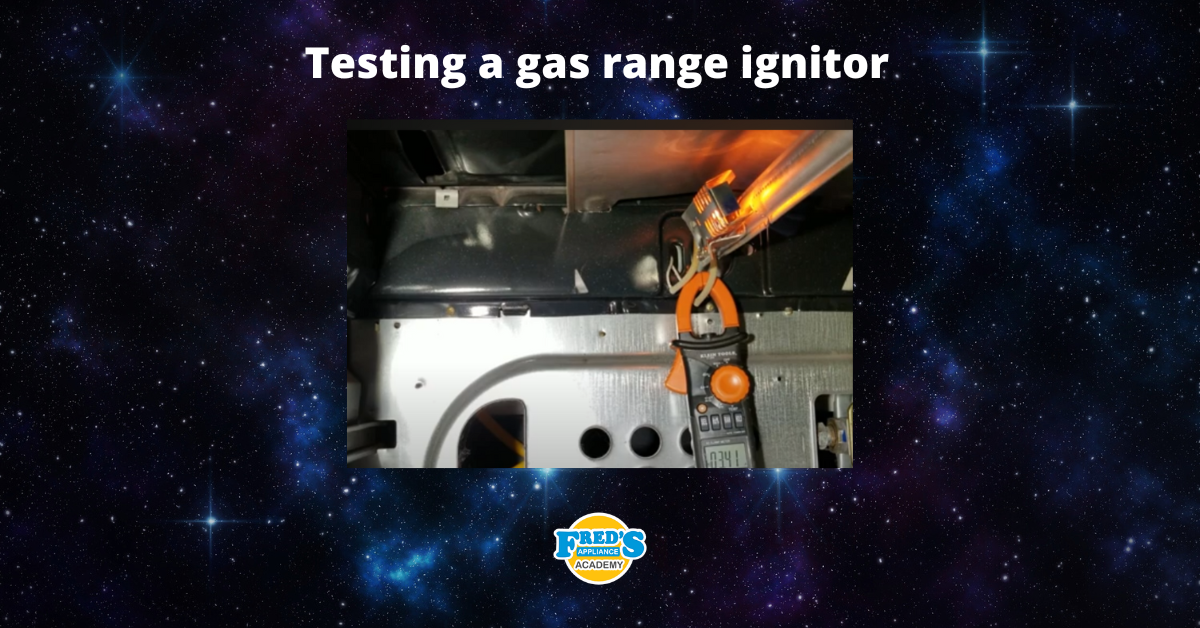
How to test a gas range ignitor
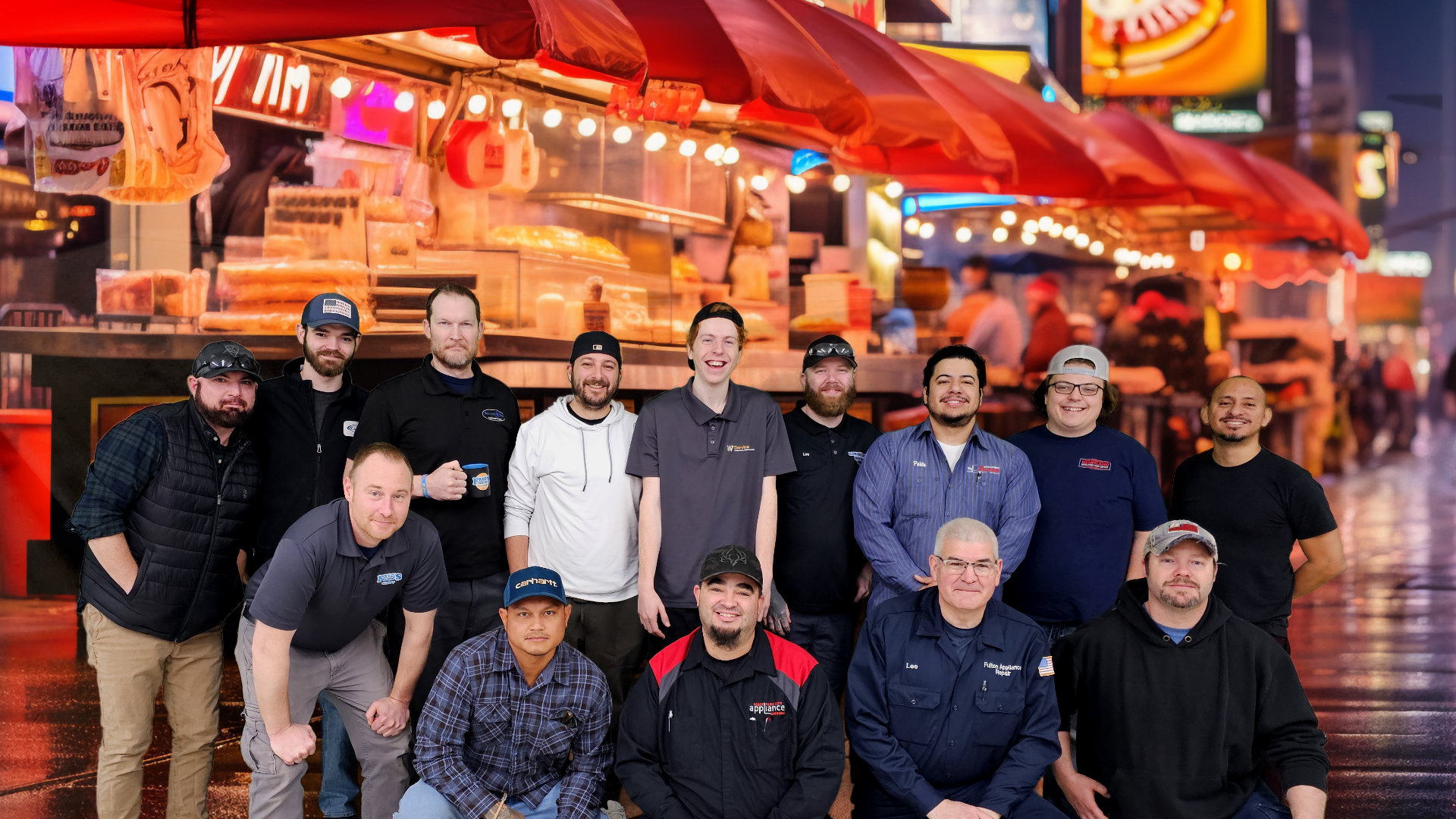
Congrats to our graduating March 2024 class
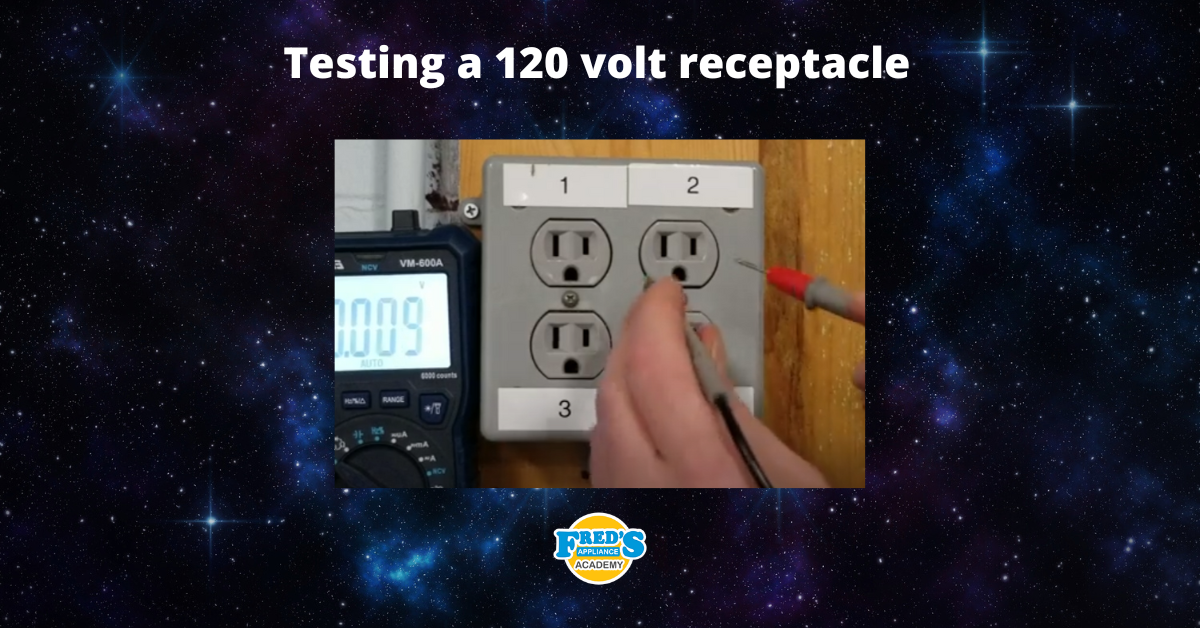
How to test a 120 volt receptacle
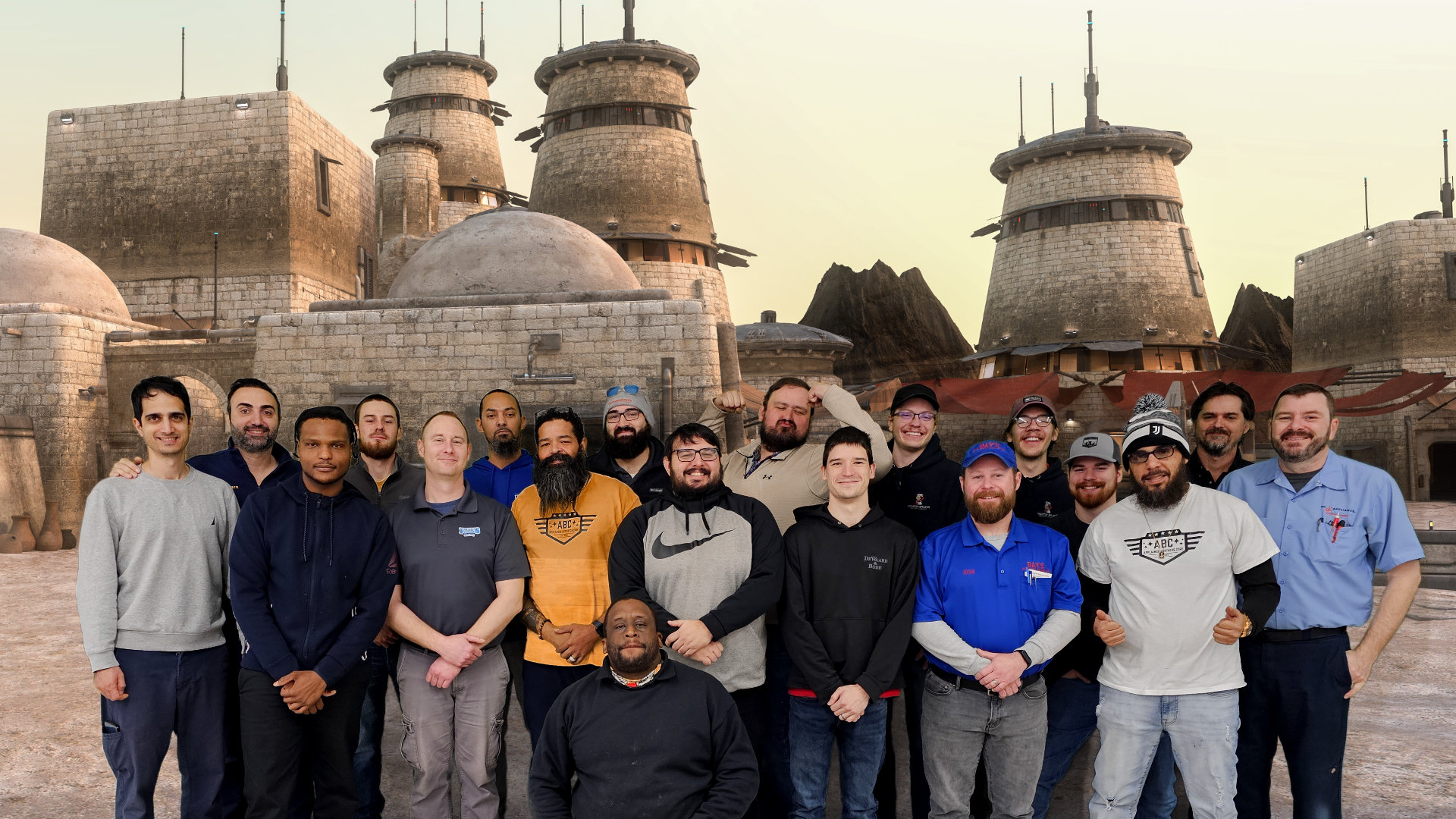
Congrats to our graduating February 2024 class
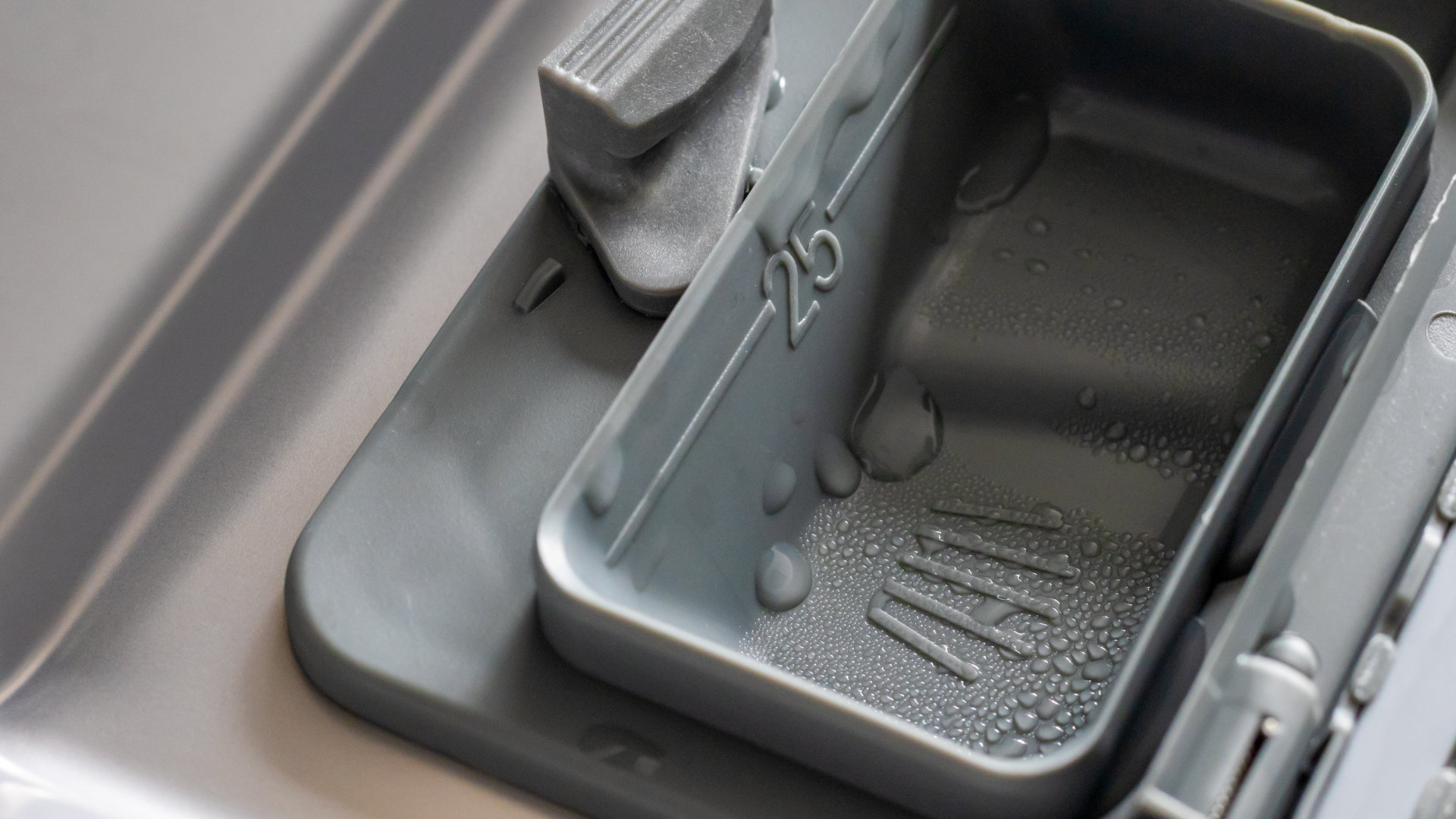
Why Is Your Dishwasher Soap Not Dissolving? (5 Easy Fixes)
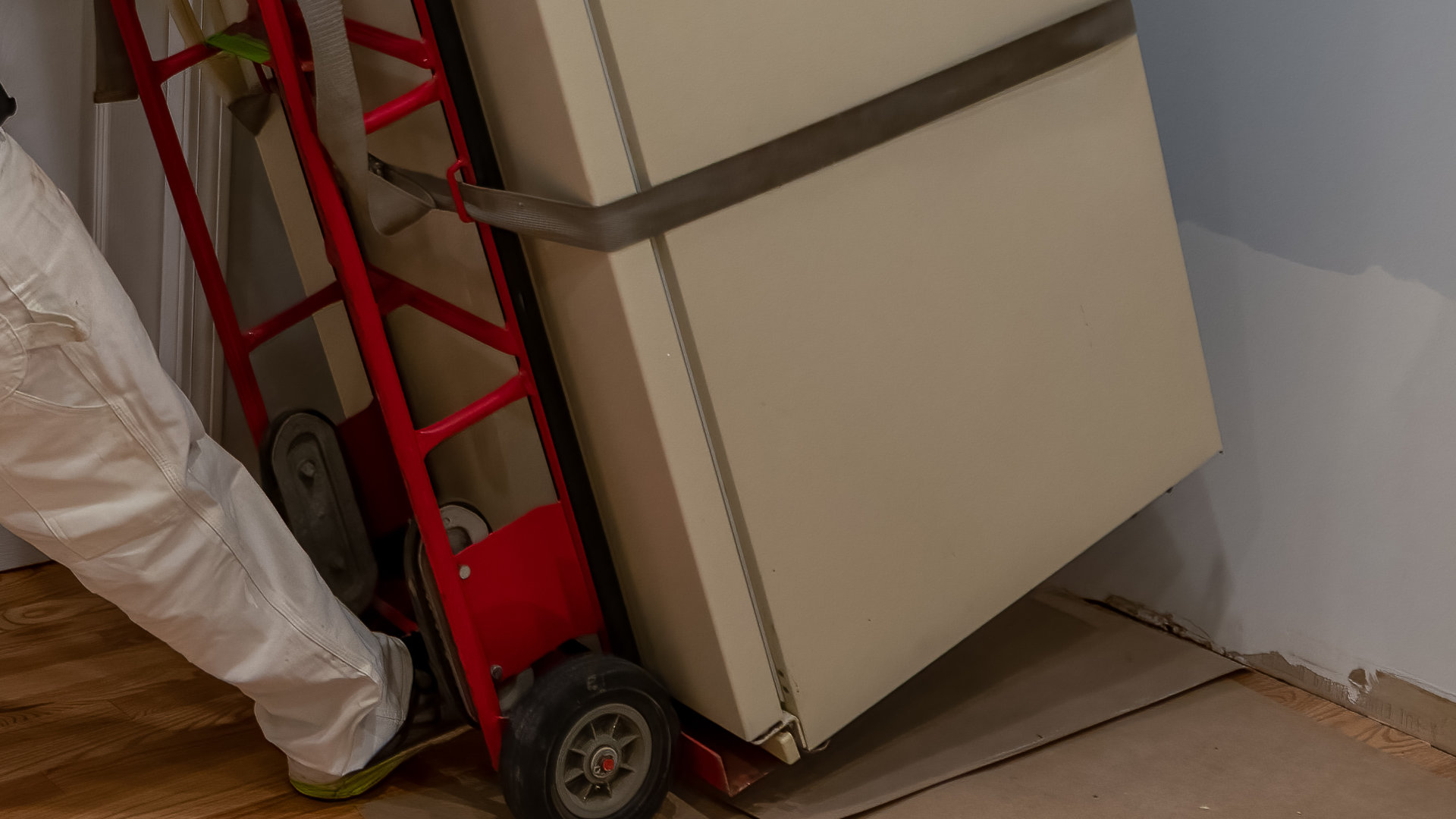
Refrigerator Dripping Water Inside? 5 Quick Fixes

Appliance Industry 2023 Q4 Results
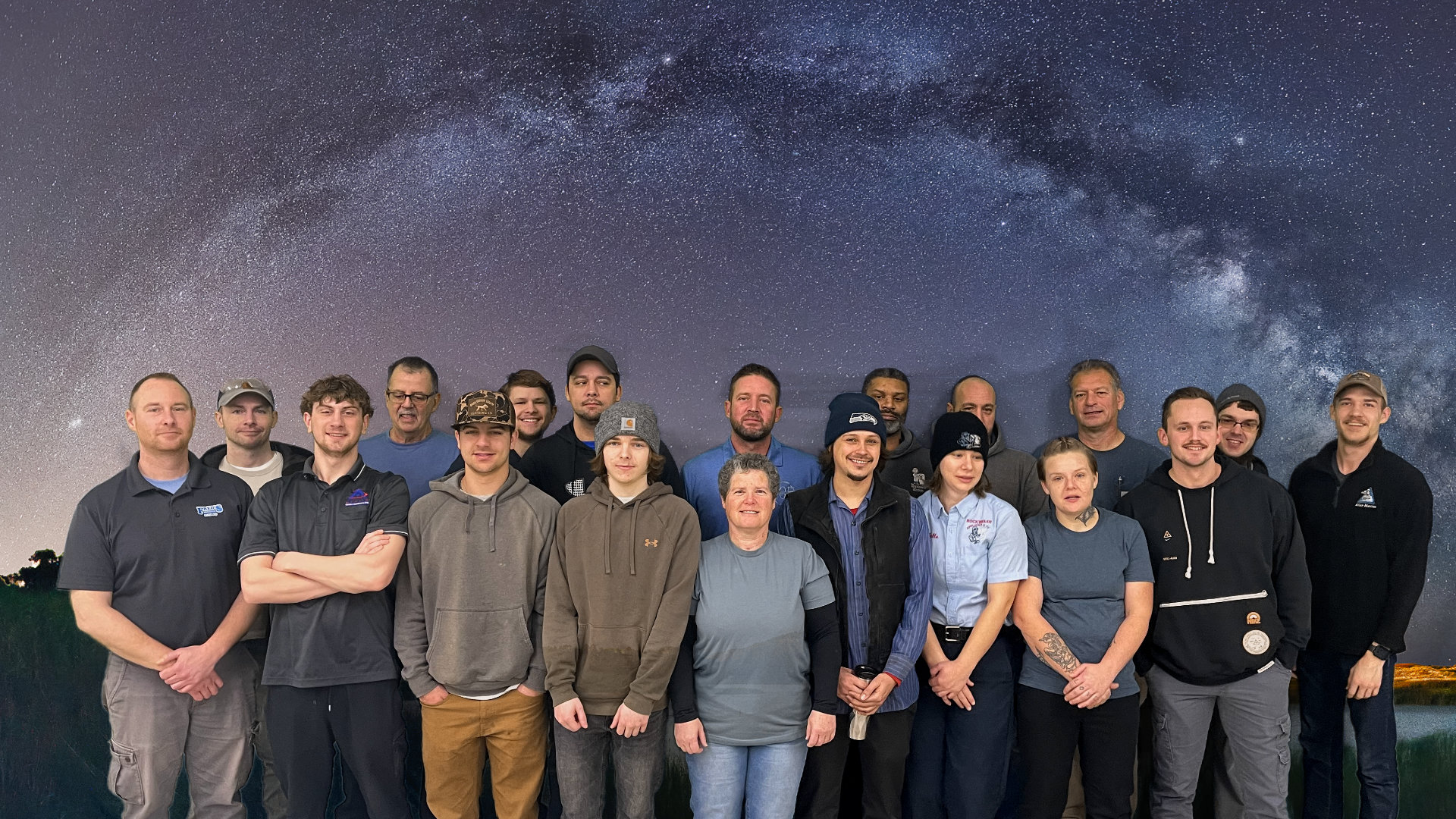
Congrats to our graduating January 2024 class
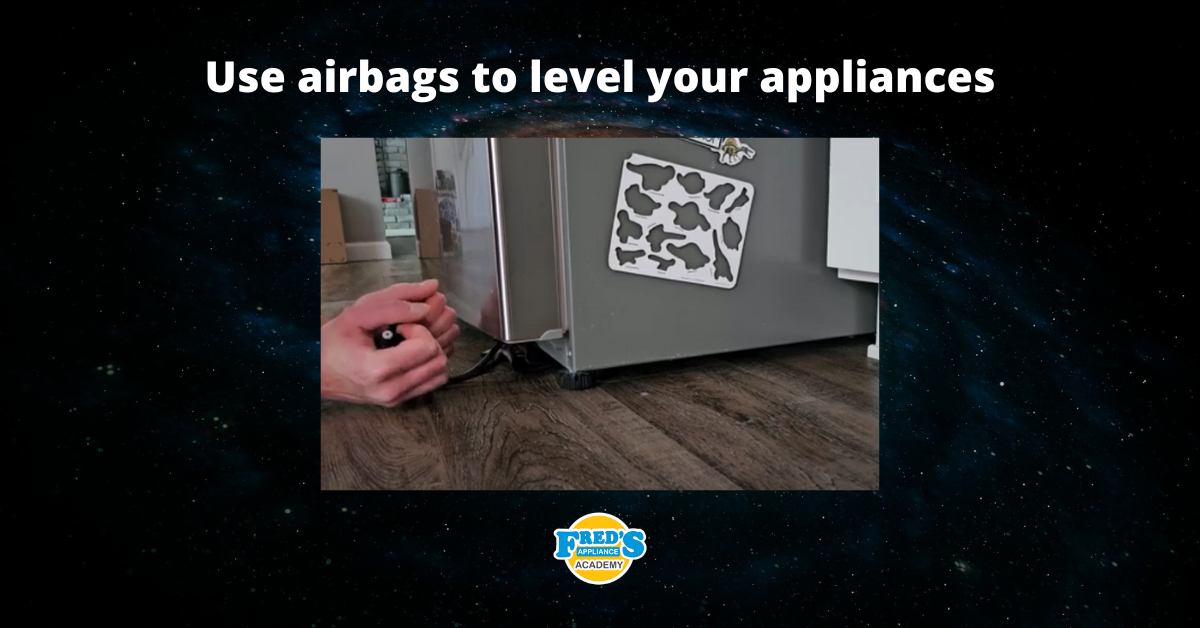
Clever ways to use airbags to level your appliances
